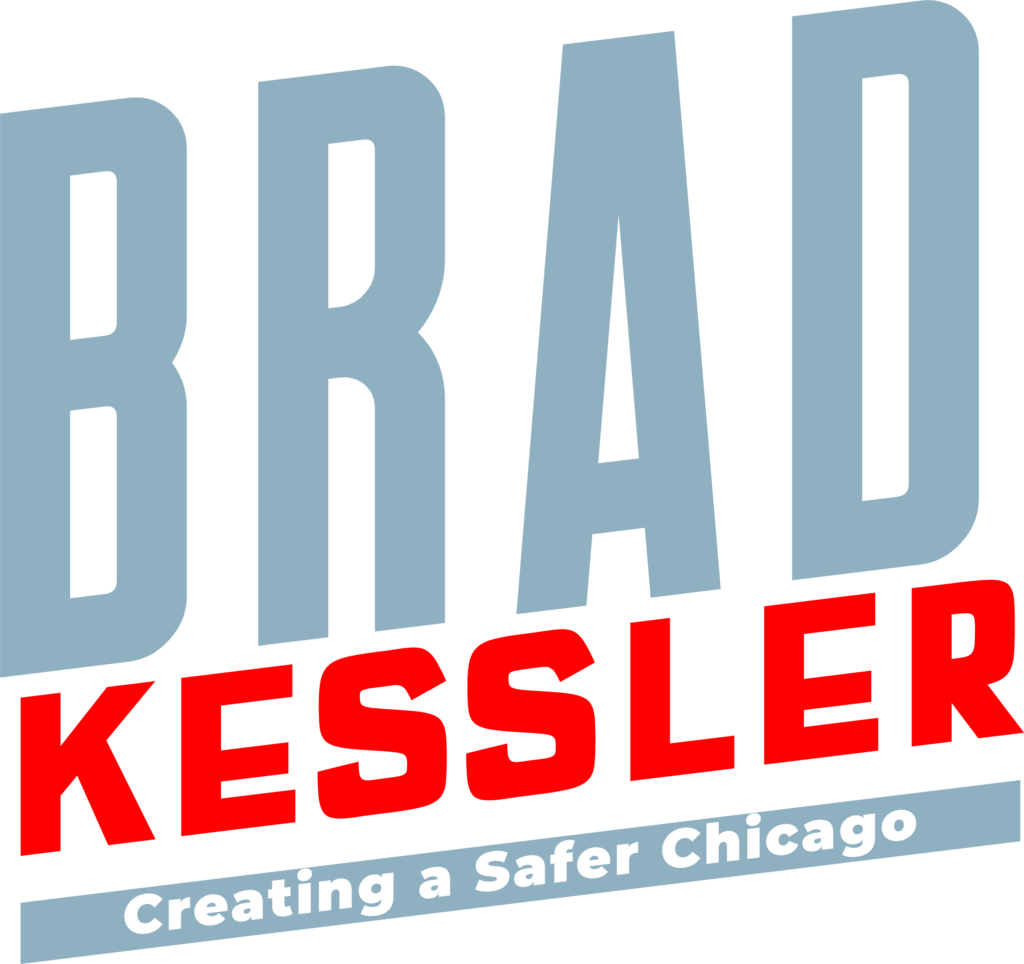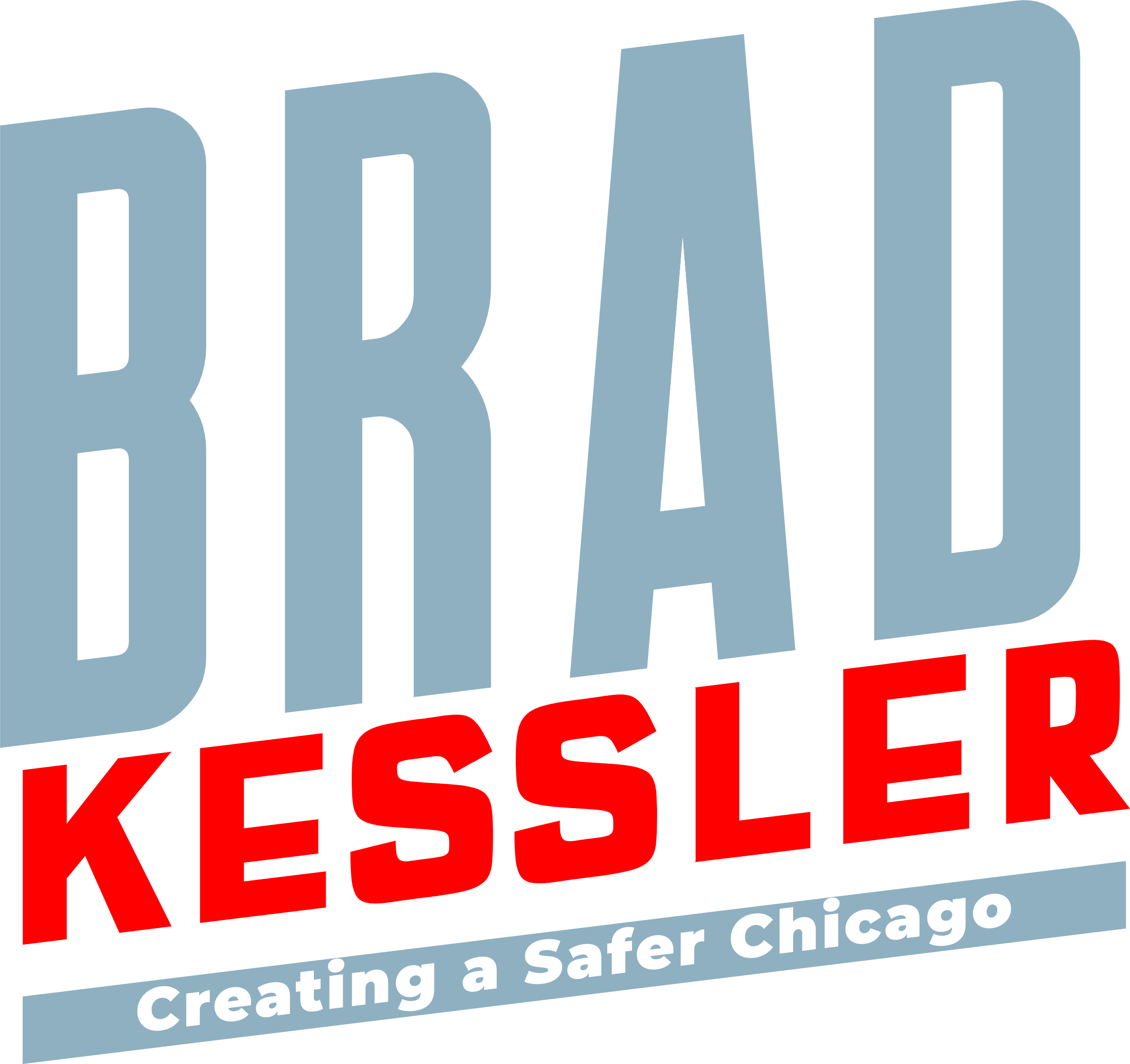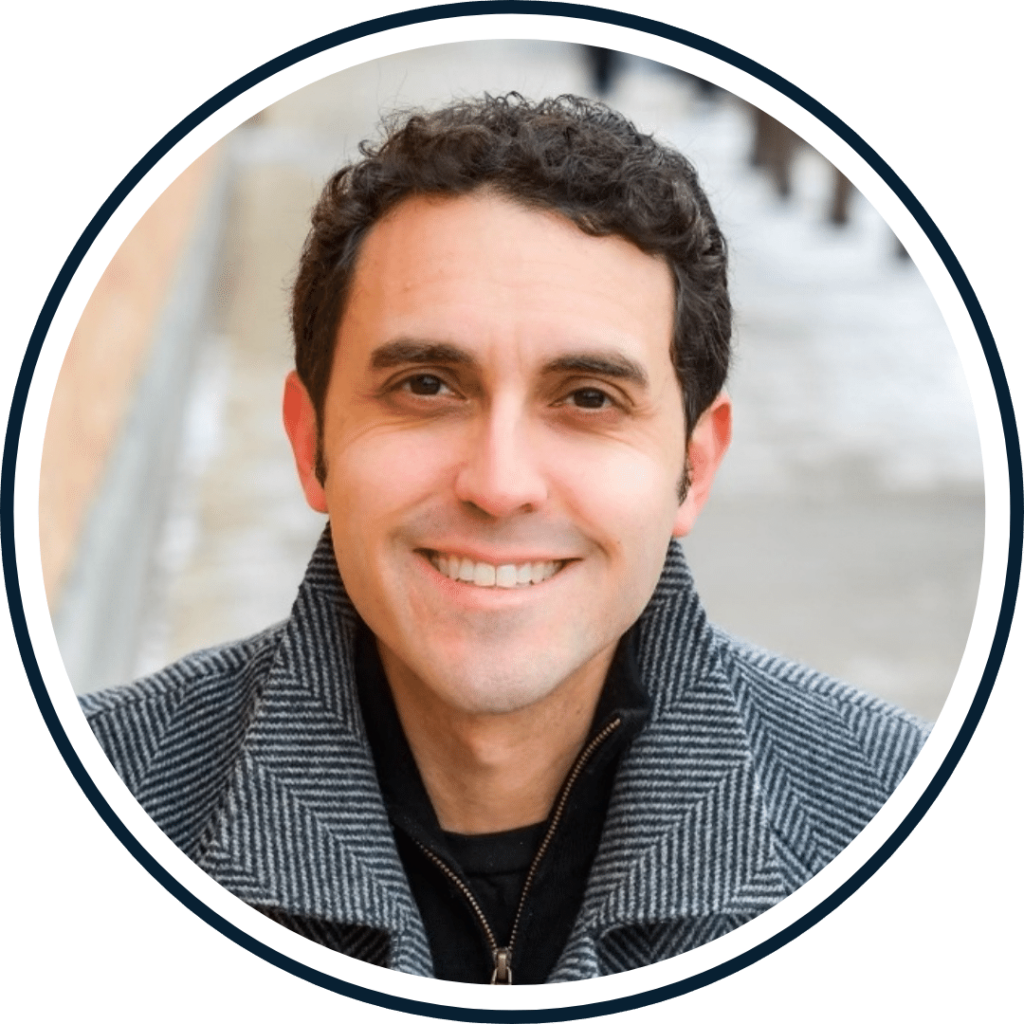More police beat officers and more consistent schedules
More officers and more time within the 18th District mean more consistency, better interactions, and less unknowns when responding to calls—which benefits us all.
More effective training
The CPD is used as a catch-all institution in this city—one that is burdened with a weight it is not equipped to bear.



